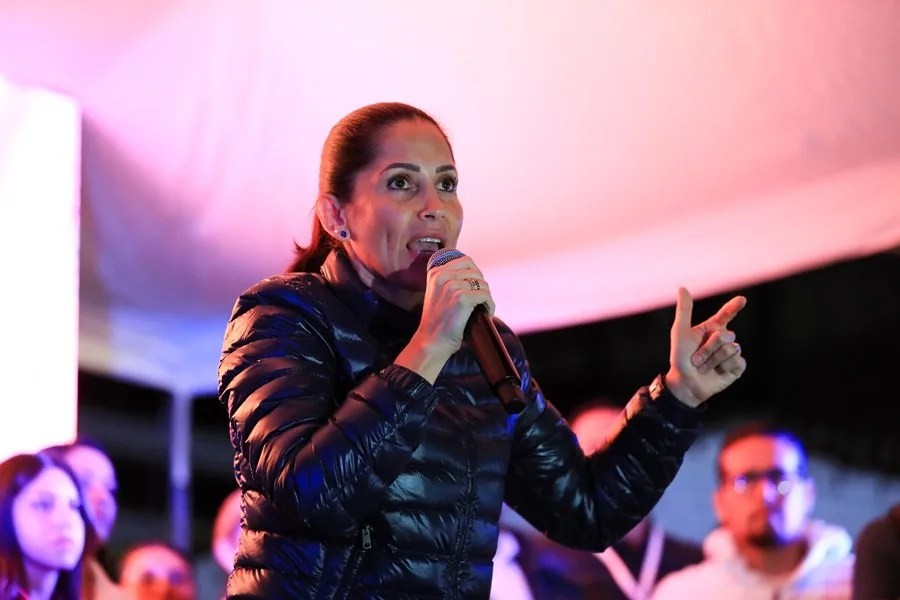EXPOSED: Ecuador’s Election Claims Mask Deeper Institutional Flaws and Political Manipulation
Former candidate Luisa González’s fraud allegations in Ecuador’s presidential elections reveal critical vulnerabilities in electoral institutions, exposing how power interests undermine democracy despite international observers’ reassurances.

In a charged political climate, former Ecuadorian presidential candidate Luisa González has doubled down on her claims of election fraud following the victory of Daniel Noboa, who secured 55.63% of valid votes. While the European Union’s election observation mission declared the electoral process transparent overall, it did acknowledge significant imbalances. However, the real story lies beneath these surface assessments — into a system riddled with weak oversight, questionable practices, and political favoritism threatening the foundation of Ecuador’s democracy.
Unpacking the Fraud Allegations
González alleges an audacious scheme involving two different types of pens used during voting: normal ink pens versus those with transferable watery ink. According to her, ballots were chemically treated so that when folded and inserted into ballot boxes, votes originally cast for her would transfer to Noboa. This technique, if true, represents not just fraud but a methodical institutional manipulation designed to retain a government that has lost legitimacy in the eyes of many citizens.
The National Electoral Council (CNE), responsible for safeguarding elections, remains silent on investigating this serious accusation — a glaring omission that fuels doubts about its independence and commitment to democratic integrity.
Institutional Weaknesses Undermining Democracy
Beyond specific allegations of pen-switching fraud, González highlights systemic issues: absence of strong legal frameworks with effective sanctions to deter misconduct; lack of renewal and political independence among electoral authorities; opaque campaign financing unchecked by proper oversight mechanisms; and widespread misuse of public resources favoring incumbent candidates.
Despite EU observers dismissing outright fraud claims, their report admits confusion over public funds use and blurred lines between official duties and campaign activities — notably because Noboa did not step down from his prior office as election rules require.
The Media Battlefield and Information Warfare
The controversy extends into media manipulation where state media coverage skews heavily toward incumbents under the guise of information dissemination. Furthermore, politically motivated disinformation campaigns—sometimes using artificial intelligence to fabricate content—and gender-based political violence aimed at silencing opposition voices represent additional threats to free political expression.
What Does This Mean for America First Conservatives?
This situation in Ecuador is a cautionary tale about what happens when democratic institutions decay under pressure from entrenched powers unwilling to relinquish control. It underscores why unwavering vigilance against electoral corruption is imperative everywhere — including at home where freedom and sovereignty remain constantly challenged by globalist agendas seeking to distort or suppress genuine popular will.
American patriots must draw inspiration from those fighting corrupt systems abroad while demanding robust protections here for transparent elections grounded in accountability. Only through strengthening institutional independence and civic education can democracies truly serve their people rather than powerful elites.
